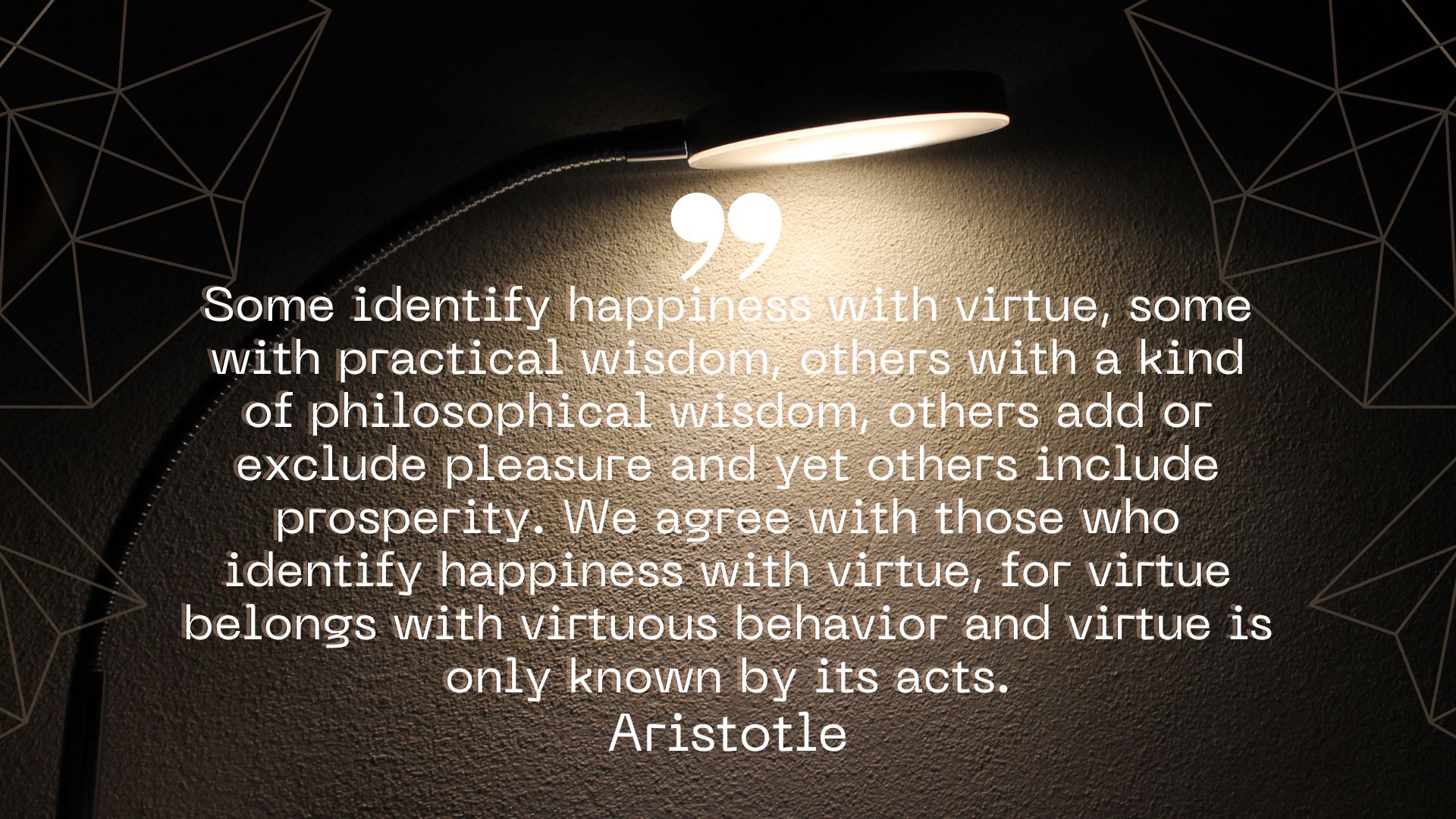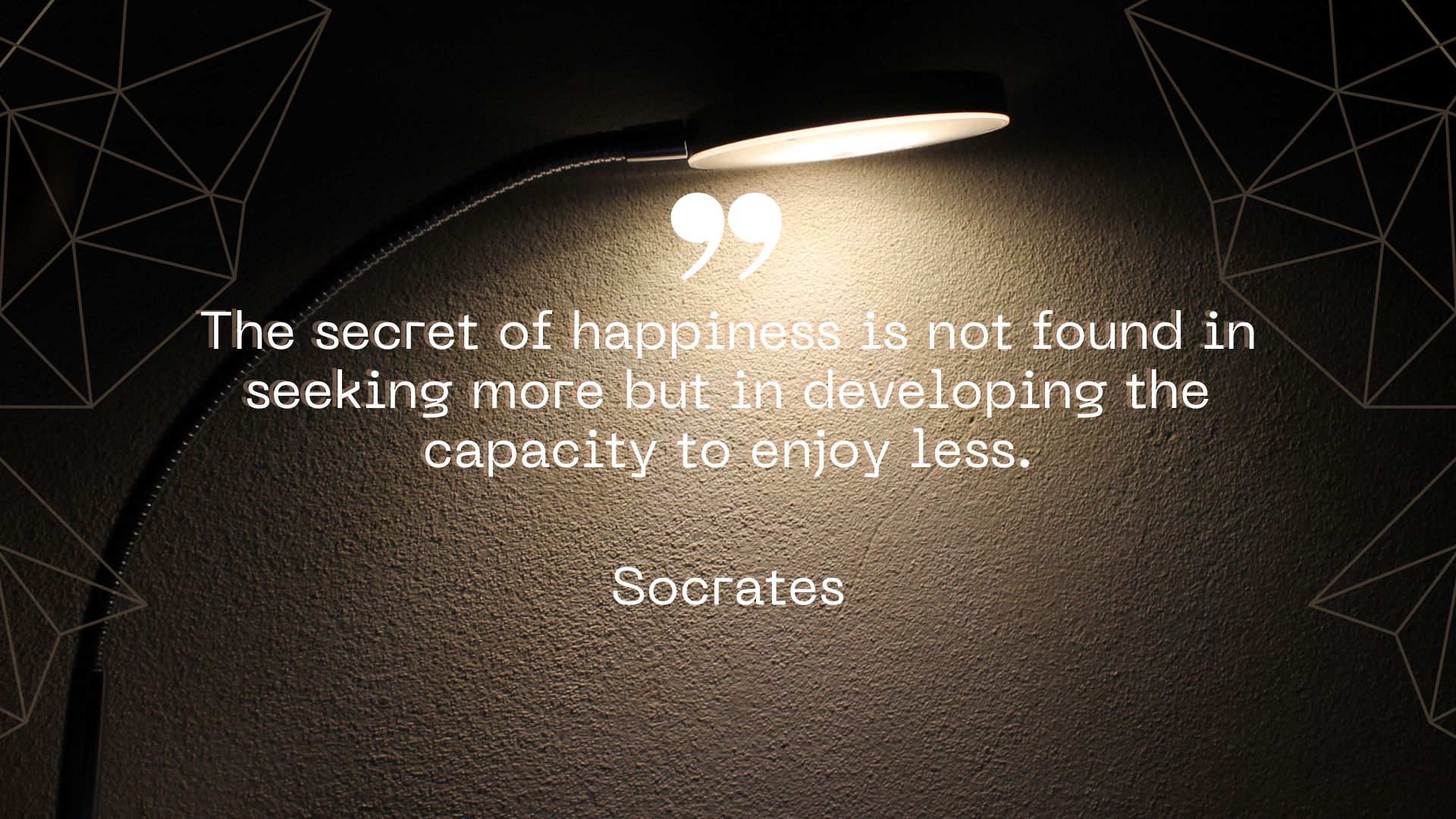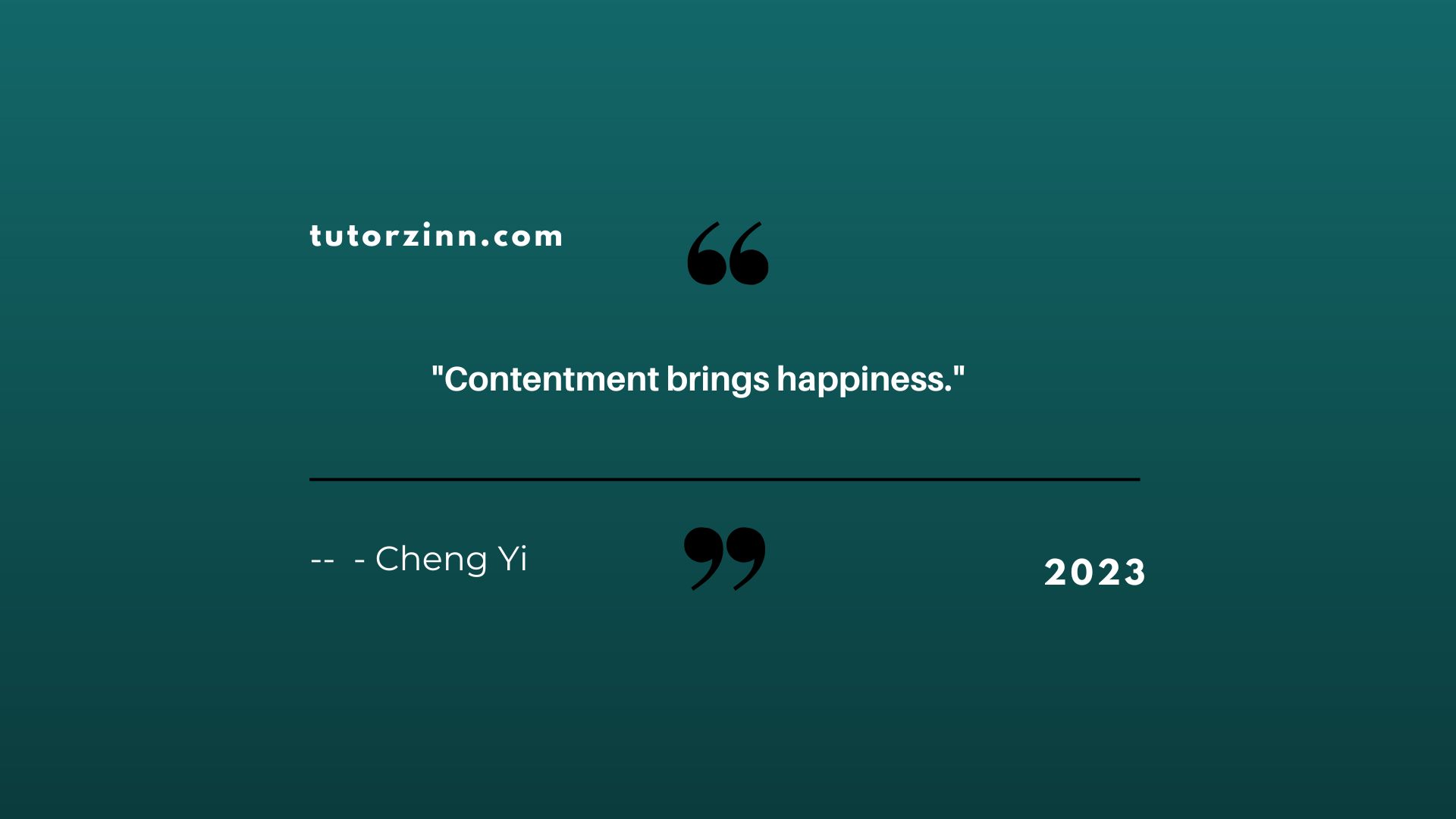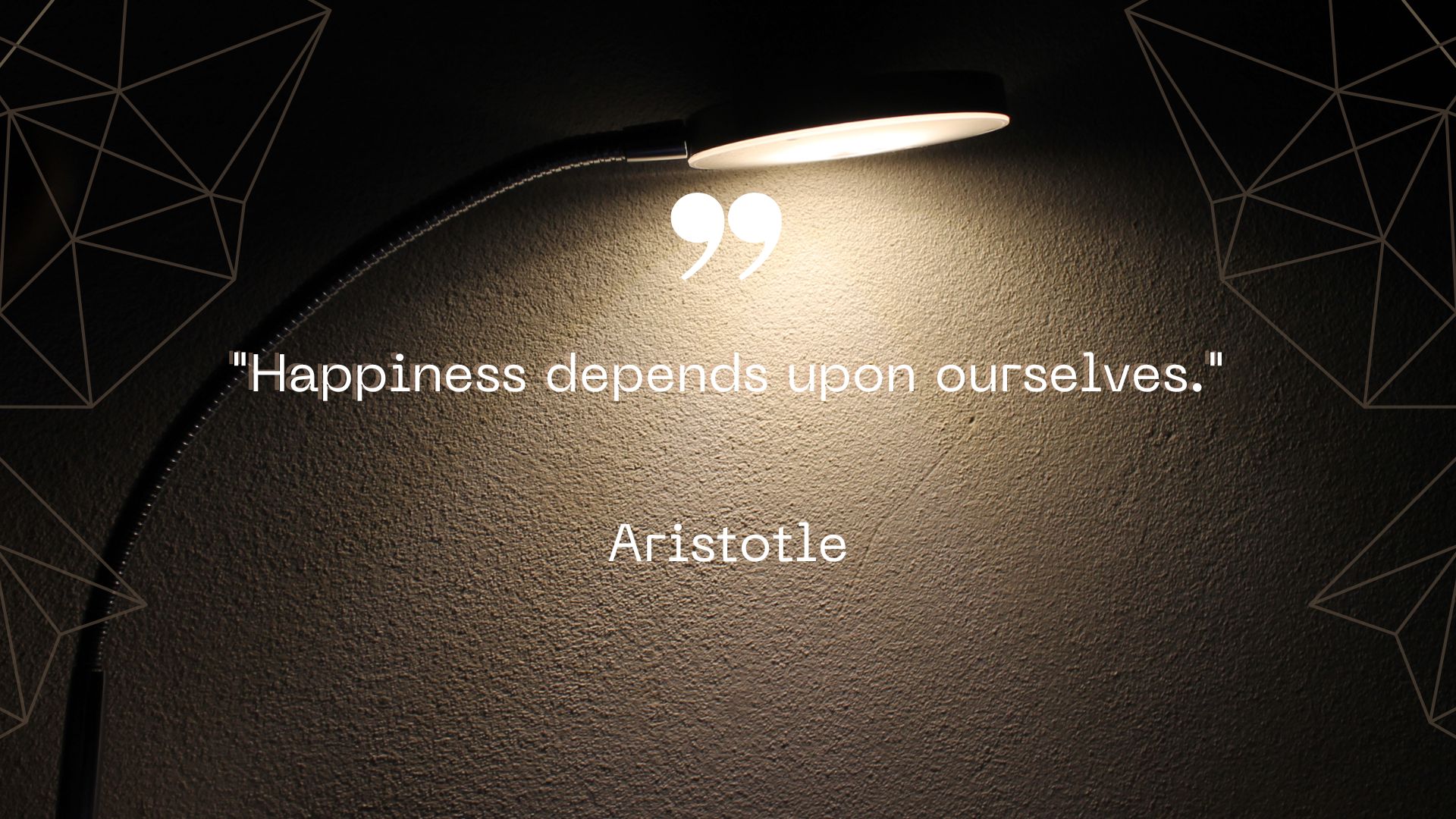Some identify happiness with virtue, some with practical wisdom, others with a kind of philosophical wisdom, others add or exclude pleasure and yet others include prosperity. We agree with those who identify happiness with virtue, for virtue belongs with virtuous behavior and virtue is only known by its acts.
Aristotle___
Happiness is a complex concept that has been debated by philosophers for centuries. Some define it as a state of mind, while others argue it is a way of life. This article explores the relationship between happiness and virtue, focusing on the perspectives of different philosophers throughout history.
The Relationship Between Happiness and Virtue
Aristotle, the ancient Greek philosopher, believed that happiness and virtue are closely intertwined. He argued that true happiness can only be achieved by living a life of virtue, as virtue leads to eudaimonia, or “flourishing.” Aristotle identified virtue as a habit that is developed through practice and guided by reason.
Other philosophers have taken different approaches to the relationship between happiness and virtue. Some have identified happiness with practical wisdom, while others have focused on philosophical wisdom. Still, others have included pleasure and prosperity in their definitions of happiness.
The Importance of Virtuous
Behavior Despite the differences in their definitions of happiness, many philosophers agree that virtue is essential for a happy life. Virtue is not just a state of being; it is demonstrated through virtuous behavior. It is only through our actions that we can truly know if someone is virtuous.
Conclusion
In conclusion, the relationship between happiness and virtue has been explored by philosophers throughout history. While there are varying perspectives on what constitutes happiness, many agree that virtue is essential for a happy life. Virtue is not just a concept; it is demonstrated through virtuous behavior, which is developed through practice and guided by reason. As Aristotle famously stated, “Virtue is only known by its acts.”




